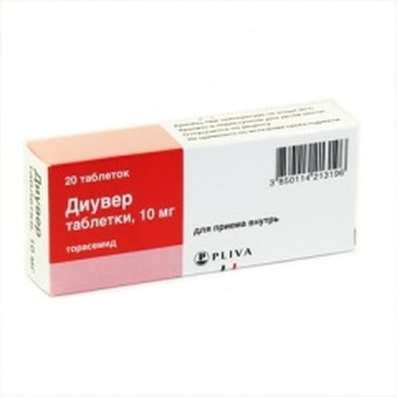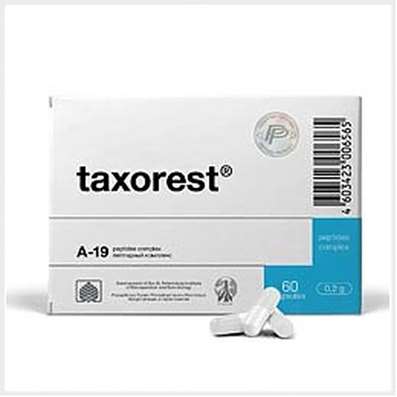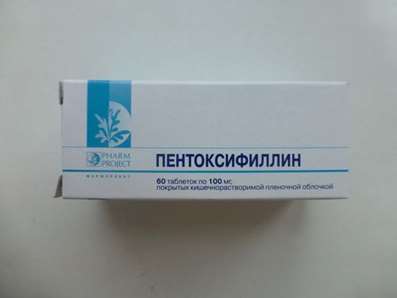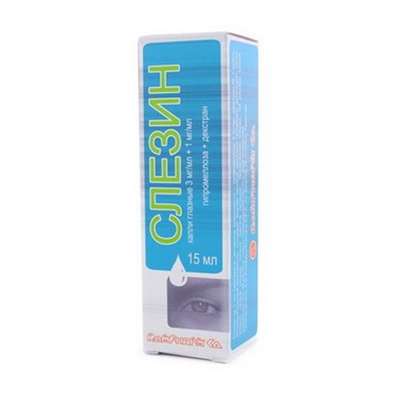Instruction for use: Lorinden A
I want this, give me price
Active substance Salicylic acid + Flumetasone
ATX code D07XB01 Flumethasone in combination with other drugs
Pharmacological group
Glucocorticosteroids in combinations
Nosological classification (ICD-10)
L28 Simple chronic lichen and prurigo
Scab, Prurigo, Bacterial prurigo, Limited prurigo with a strong lichenization, Nodular pruritis
L40 Psoriasis
Chronic psoriasis with diffuse plaques, Generalized psoriasis, Psoriasis of the scalp, Psoriasis of the scalp, Generalized form of psoriasis, Psoriasis dermatitis, Psoriasis complicated by erythroderma, Invalidative psoriasis, Isolated psoriatic plaque, Exfoliative psoriasis, Psoriatic Erythroderma, Psoriasis with eczematosis, Hyperkeratosis in psoriasis,Inverse psoriasis,Psoriasis eczematous, Dermatosis of psoriasis, Psoriasis of the genitals, Psoriasis with lesions of hairy areas of skin, Erythrodermal psoriasis, Chronic psoriasis of the scalp, Chronic psoriasis, Ordinary psoriasis, Refractory psoriasis, Kebner phenomenon, Scaly lichen
L43 Red Leaf Flat
Lishay Wilson, Erosive-ulcerative form of red flat lichen, Warty forms of red lichen, Red lichen, Flat lichen, Kebner phenomenon
L82 Seborrheic Keratosis
Seborrheic Warts
Composition and form of release
Ointment 1g
Flumethasone pivalate 0.2 mg
Salicylic acid 30 mg
Basis up to 1 g
Base components: propylene glycol; Lanolin anhydrous; Petroleum jelly white
In tubes of 15 g; In a pack of cardboard 1 tuba.
pharmachologic effect
Pharmacological action - anti-inflammatory, decongestant, vasoconstrictive, antiallergic, antipruritic.
Flumethasone inhibits phospholipase A2, reduces the synthesis of PG (prostaglandins) and other biologically active substances. Salicylic acid loosens the horny epithelium and helps to remove scales.
Clinical Pharmacology
Eliminates or reduces the severity of the inflammatory or allergic process in the skin, reduces itching. Reduces permeability and changes the structure of tissue and cell membranes, reduces the migration of macrophages and lymphocytes to the inflammation focus, affects all phases of inflammation, blocks the release of sensitized mast cells and basophils histamine and other biologically active substances. Salicylic acid has a keratolytic effect, facilitates the penetration of glucocorticoid through the keratinized epidermis, has weak antiseptic properties. Effective in cases that are resistant to treatment with other steroid drugs.
Indications
Skin diseases with hyperkeratosis, resistant to treatment with other steroid drugs: eczema lichenized, limited prurigo with severe lichenization, psoriasis, red flat (warty) lichen.
Contraindications
Hypersensitivity, pustular, bacterial (including tuberculosis and syphilis), fungal, viral, tumor (including precancerous) skin diseases.
Side effects
Contact eczema, allergic reactions, steroid acne, purpura, telangiectasia, skin and subcutaneous tissue atrophy, striae, dryness and depigmentation of the skin, dermatitis.
Dosing and Administration
Outwardly. A thin layer of ointment is rubbed (gently) into the damaged skin 2-3 times a day, after acute inflammation is removed - 1-2 times a day (if necessary, use a bandage that allows air to pass through). With excessive lichenization or excessive keratinization of altered areas - only under occlusive dressing 1 time per 24-48 hours. Duration of application should not exceed 3 weeks.
Children: with caution and only in case of unconditional need.
Precautionary measures
Pregnant and children are prescribed only in exceptional cases (and in small areas of the skin).
Storage conditions
At a temperature not exceeding 25 ° C.
Keep out of the reach of children.
Shelf life
3 years.
Do not use after the expiry date printed on the package.

 Cart
Cart





